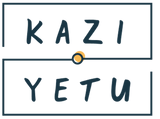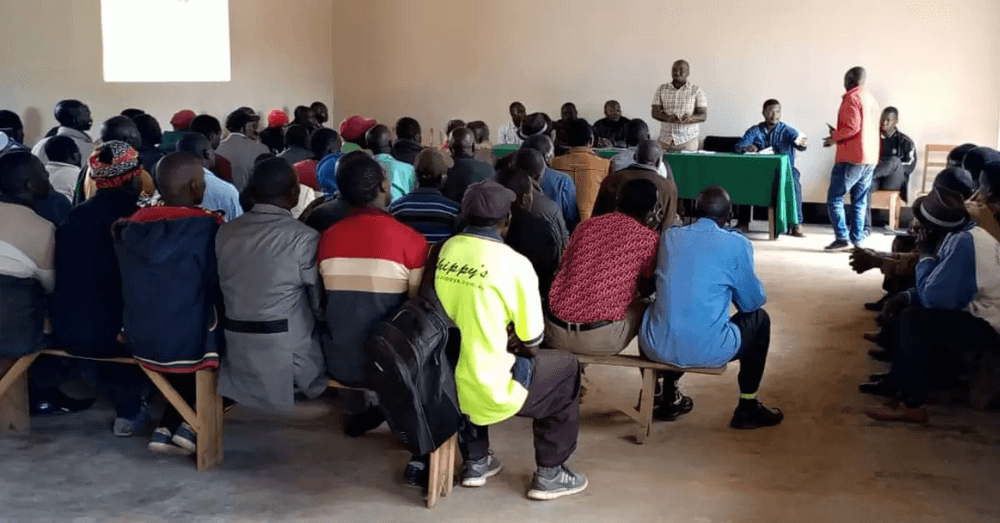High quality job creation for women
When we started Kazi Yetu in 2018 one of our main goals was long-term and high quality job creation for women at factory level. And it is still one of our guiding principles as a social enterprise today!
As of July 2023, we employ 15 women in our factory. In contrast to most Tanzanian companies, all of our production workers are female, around 80% of whom have at least one child . For many of them this is their first formal job and many would have otherwise not gotten alternative jobs. Our only exception is Nassoro, our Machine Operator.
To determine our production worker wages, we’ve completed research on comparable salaries at similar factories in Tanzania, minimum wage according to the Tanzania minimum wage order, and evolving standards on calculating Living Wages.


So, what is the Living Wage exactly?
The Global Living Wage Coalition has summarized a description of the Living Wage from across 60 living wage descriptions and definitions:
“The remuneration received for a standard workweek by a worker in a particular place sufficient to afford a decent standard of living for the worker and her or his family. Elements of a decent standard of living include food, water, housing, education, health care, transportation, clothing, and other essential needs including provision for unexpected events.”
There are different methodologies to define the specific living wage in a country, using different approaches and criteria. In order to assess the living wage in Tanzania we have explored three different methodologies: Anker Methodology, WageIndicator and Fair Wage Network. It is important to note that there is no general set Living Wage for Tanzania – the Living Wage varies according to the methodology you are using.


Looking at numbers: How is the Living Wage
implemented at Kazi Yetu?
On average, our production workers receive a gross salary that is around 80% higher than the minimum wage set by the Tanzanian government for factory workers. With added benefits received, Kazi Yetu workers are paid 110% higher than the minimum wage requirement. Benefits include contributions to social security, contributions to national health insurance, a food stipend that covers meals during the workday, an annual bonus and paid time off. Another benefit is that Kazi Yetu employees have access to no-interest loans.
It is also important to note that apart from paying a Living Wage to our employees, for us as a social enterprise a company culture and structures that allow professional growth and employee wellbeing are equally important.
An holistic HR approach
Kazi Yetu invests in creating a healthy and collaborative working environment with several opportunities for professional growth. To name a few:
- Professional Growth Ladders: We have developed and implemented the role of “Team Leader” among production workers. A Team Leader is responsible for her group of workers, doing the planning and reporting of their activities, managing their quality, efficiency, and production safety.
- Internal Training Opportunities: Training on hygiene, organic practices, safety, HR policies, communications etc.
- Informal Savings Group: We have encouraged the workers to set up an informal savings group that they use to support ongoing investments as well as emergencies.
- English Training: We have a volunteer English teacher that provides English classes once per week for our workers, which is focused on using English in the workplace and in their everyday lives.

If you want to stay updated with Kazi Yetu and get a bit of background information
please sign up for our newsletter (and get 15% off your first order).




Leave a comment
This site is protected by hCaptcha and the hCaptcha Privacy Policy and Terms of Service apply.